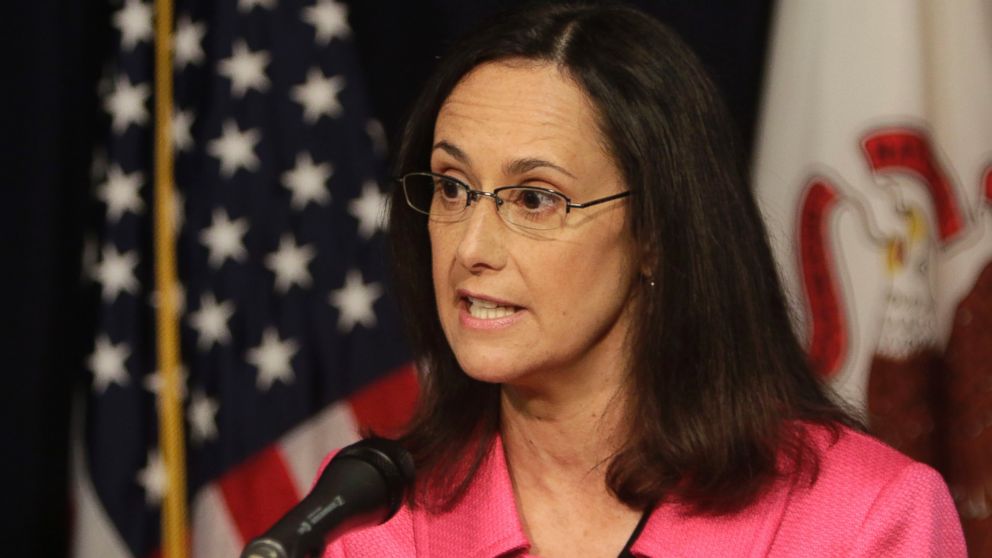Suit: Companies Duped Victims Struggling With Student Loan Debt
Prosecutors say companies charged cash-strapped students for free services.

— -- Two companies that promised to help Americans struggling with student loan debt instead allegedly pocketed their money and did little or nothing to help them, in a scheme that one state regulator warned is an emerging area of fraud nationwide.
Illinois Attorney General Lisa Madigan filed lawsuits Monday against the companies, First American Tax Defense LLC of Chicago and Broadsword Student Advantage LLC of Frisco, Texas, alleging they charged large upfront fees for bogus services or for government programs that consumers could have obtained for free. The suits are the first of their kind aimed at an industry that has drawn scrutiny from federal and state authorities.
The lawsuits contend that the companies preyed upon people who were desperate to lighten their student loan burdens. The companies allegedly charged consumers illegal upfront fees as high as $1,200 or tacked on monthly recurring fees, claiming they could reduce or eliminate their student loan debt or consolidate their loans. Representatives of the companies could not be reached for comment Monday.
First American touted its expertise in enrolling consumers in a so-called “Obama Forgiveness Program” and charged consumers for borrowers’ assistance applications that are free of charge through the U.S. Department of Education, the suit alleges. Some consumers said First American employees claimed to be affiliated with the federal education department and charged people $700 to $1,199 in illegal upfront fees, according to the suit.
Got a consumer problem? The ABC News Fixer may be able to help. Click here to submit your problem online. Letters are edited for length and clarity.
U.S. student loan debt has hit a whopping $1.2 trillion, making it an area ripe for fraud, consumer advocates say. Many of the 40 million Americans who have student loans have low-paying jobs and are having a tough time making their monthly loan payments.
In some cases, teachers, nurses, police officers, fire fighters or other public service workers were specifically targeted. Broadsword’s radio ads told public sector workers that “your entire student loan can be forgiven – you heard correctly.” Other consumers, the ads said, could “potentially cut their payments in half” or get other relief, the lawsuit alleges. Some consumers were steered into agreements requiring $499.99 upfront and a recurring monthly fee of $49.99 -- money that actually went to a related financial planning company, not a debt relief organization, the suit says.
WATCH ABC News' Affiliate in Chicago WLS Knocks on Office Door of Company in Question
Alleged potential victims included Sharone Brown, a Chicago police officer who contacted Broadsword while struggling to pay her mortgage and student loan debts. Brown said a Broadsword rep told her he could reduce her payments to $49 a month, down from about $450 – but she’d have to pay about $600 in fees.
“He said, ‘We can definitely help you, Mrs. Brown – that’s what this program is all about,’” Brown told ABC News. “He was so excited … he said, ‘You do not know how happy I am that I’m going to be able to help you.’”
Brown, who has a master’s degree in professional counseling, thought it sounded too good to be true, however, so she called the U.S. Department of Education. That’s when she learned that the federal program the rep had pitched wasn’t going to be active until 2017, she said.
Brown said she has since negotiated her payments down to about $308 a month and has made them all on time.
As for the debt relief companies, the police officer who works with at-risk youths said, “I think it’s a shame. … Sometimes people tend to prey on those who are the most vulnerable.”




